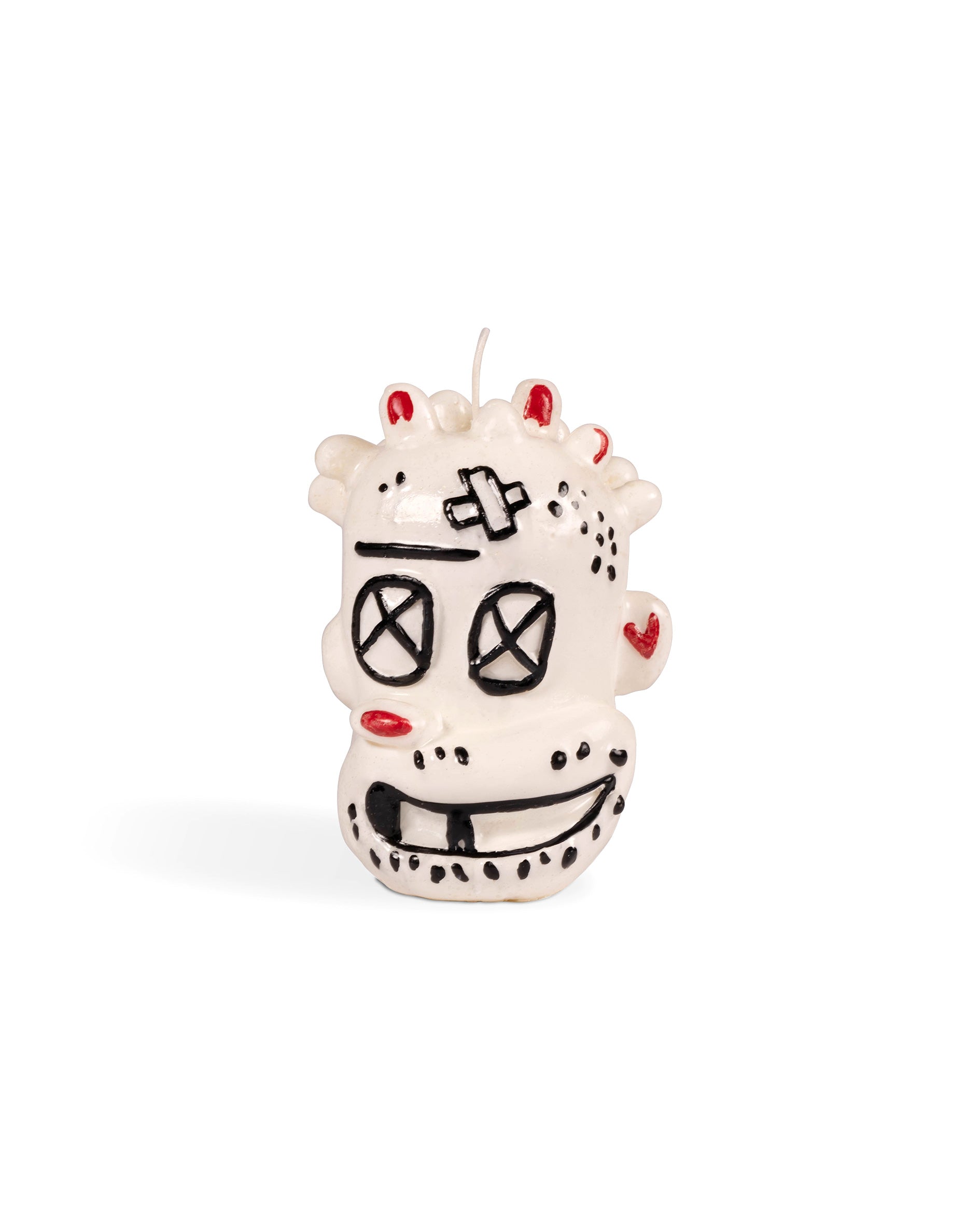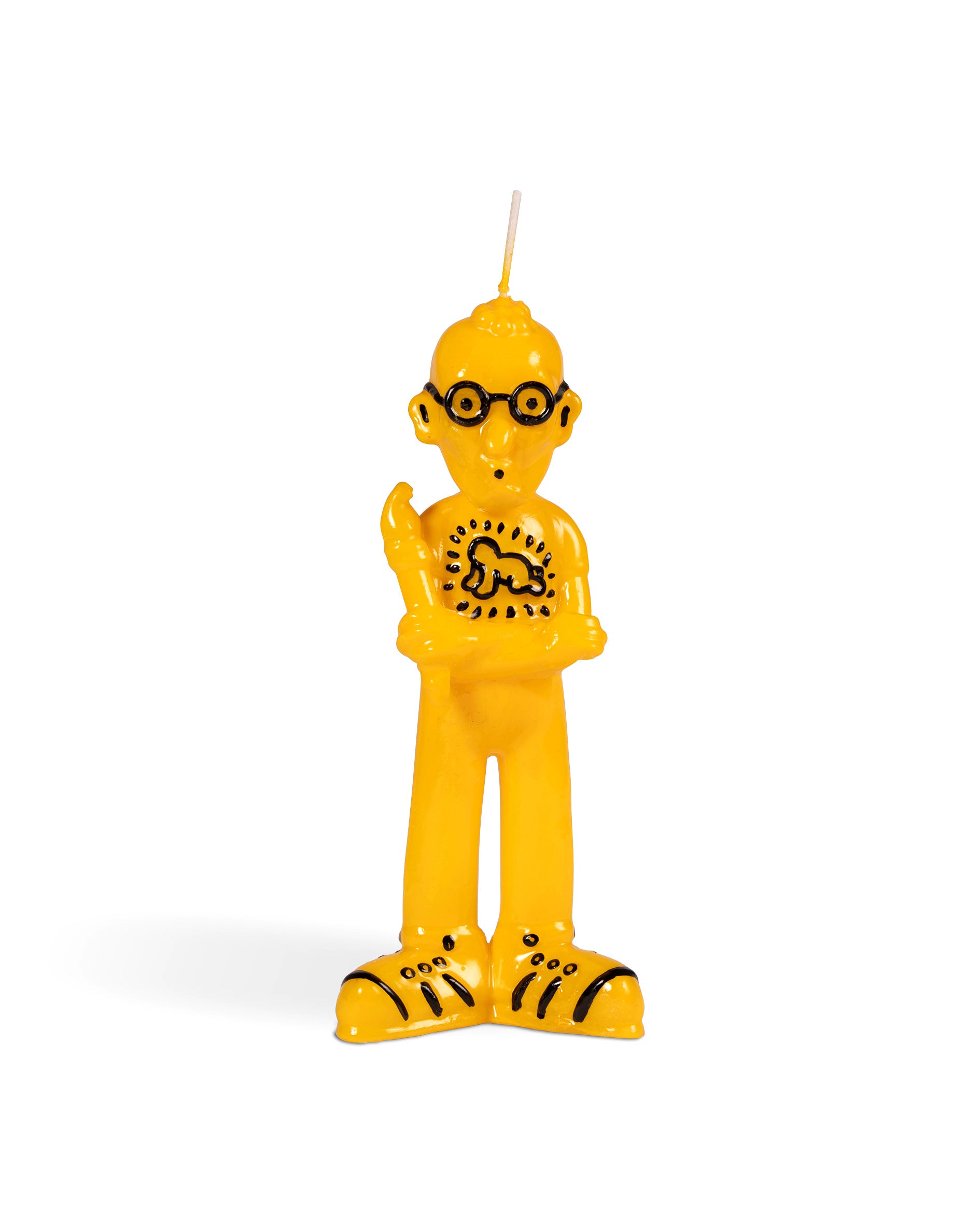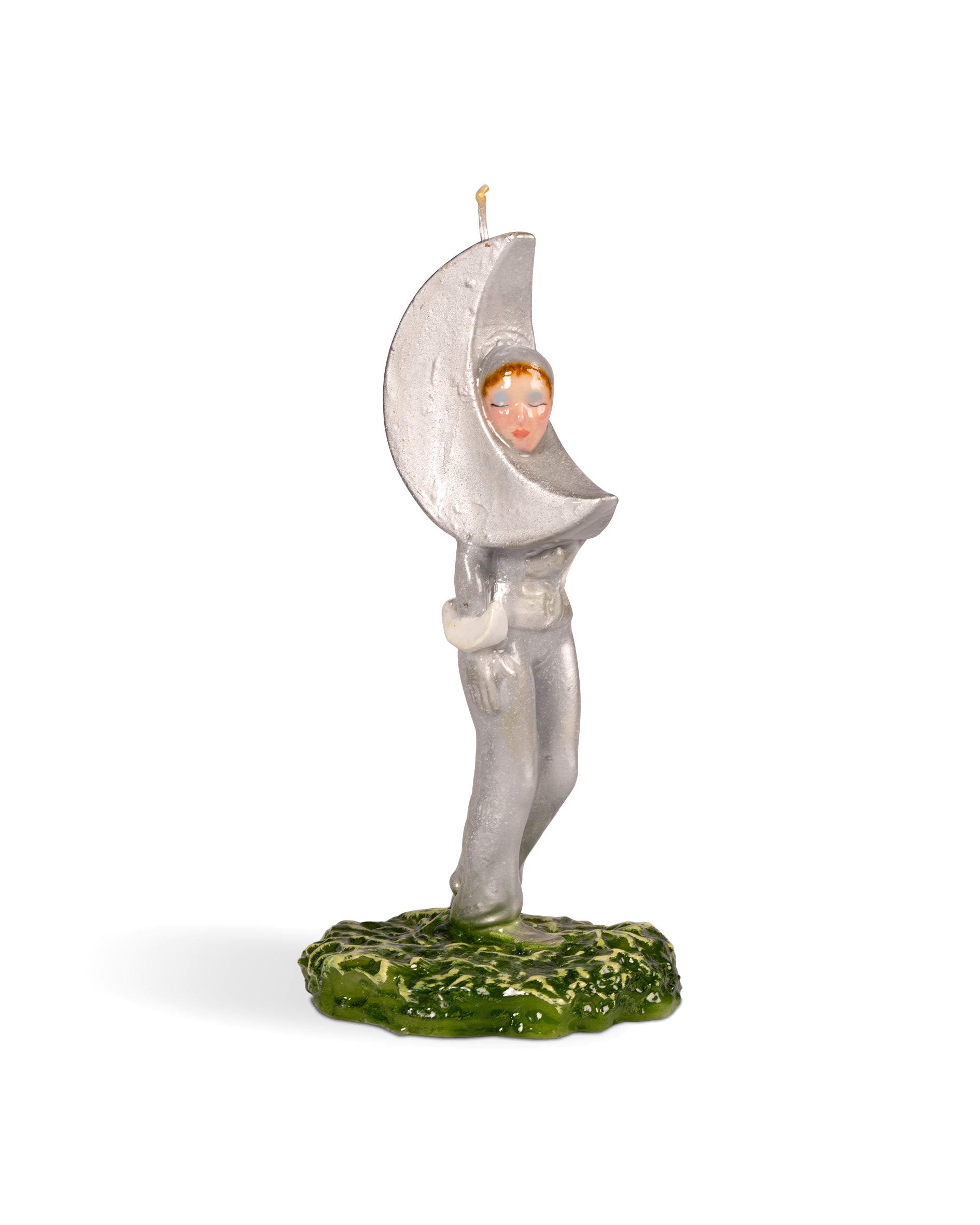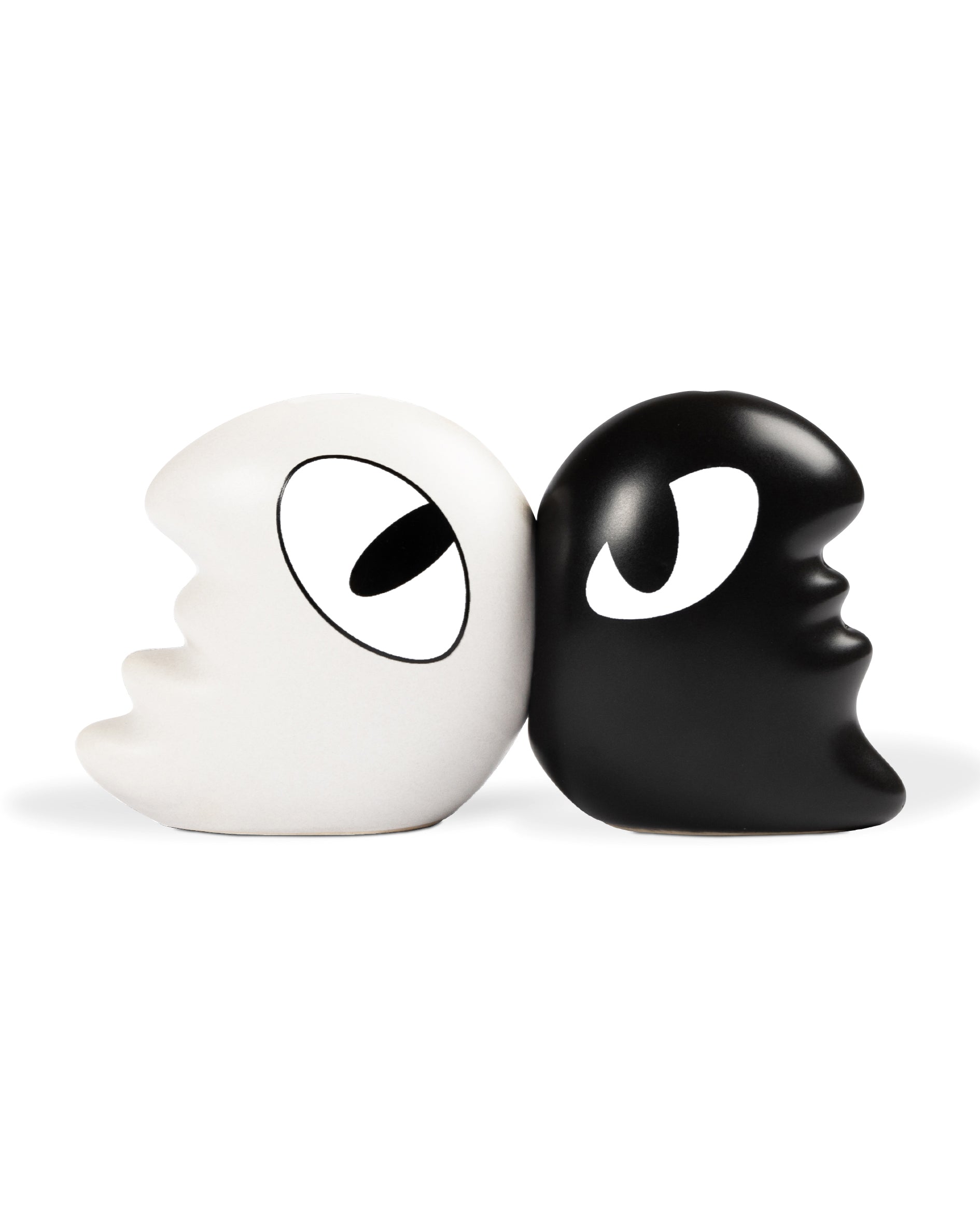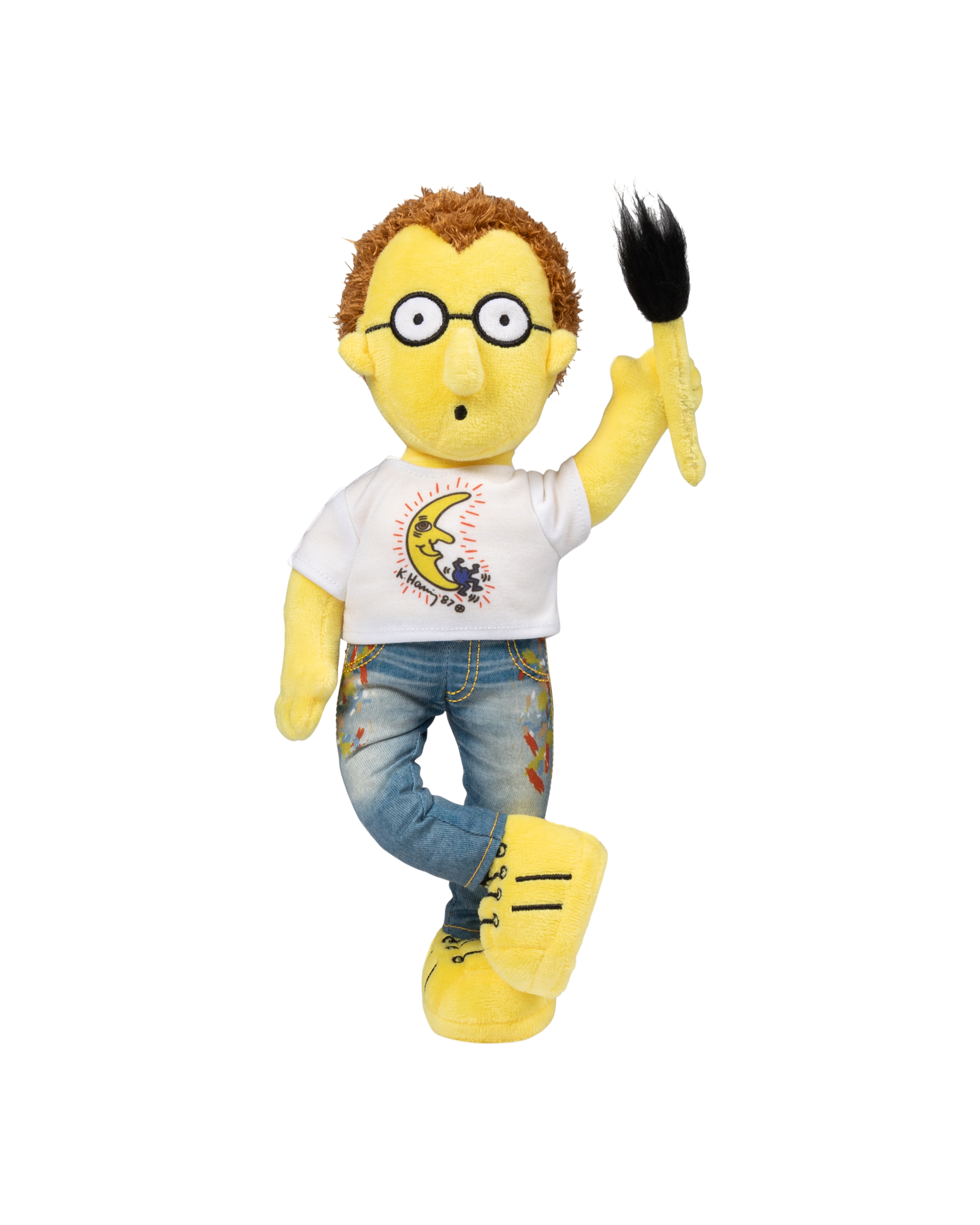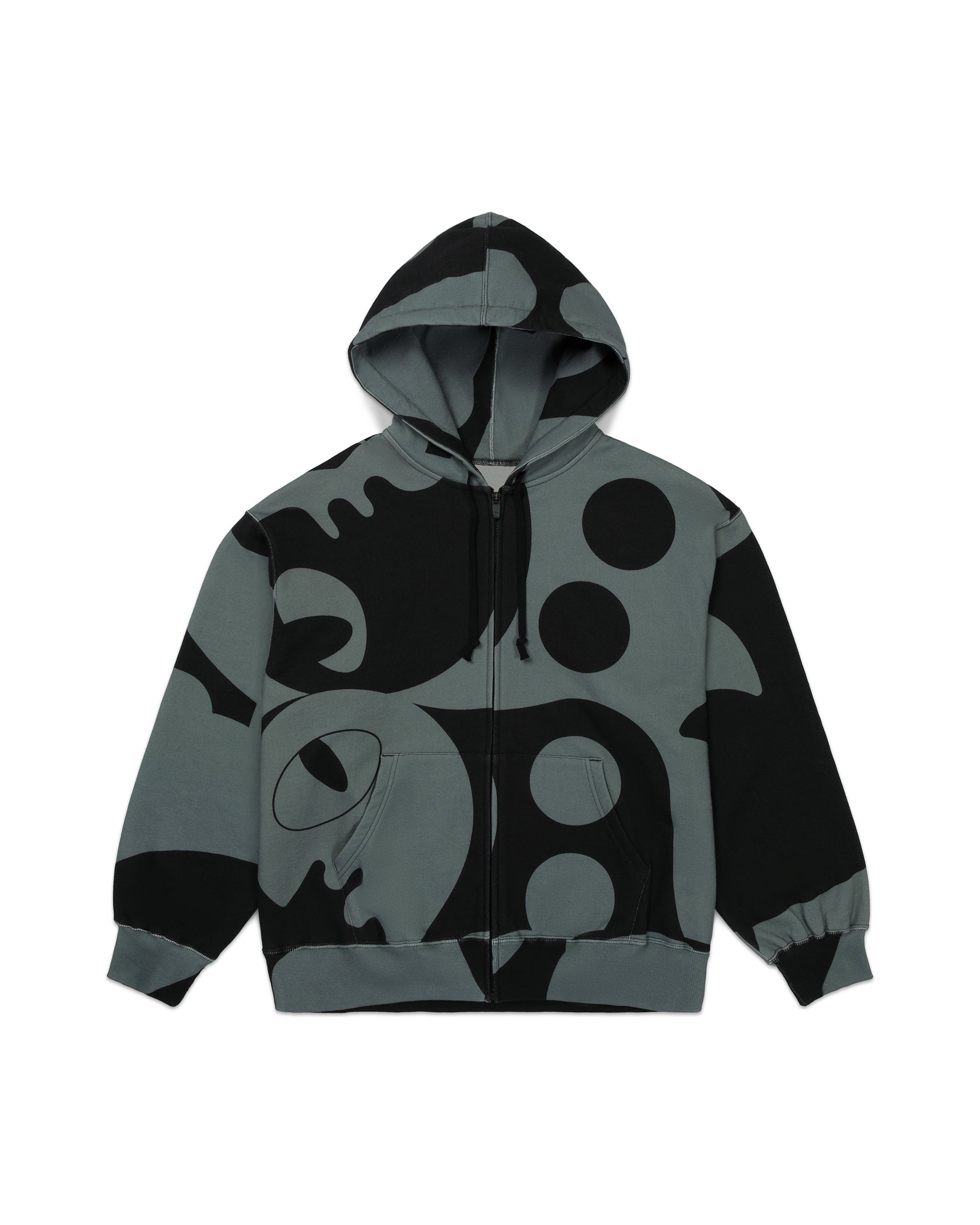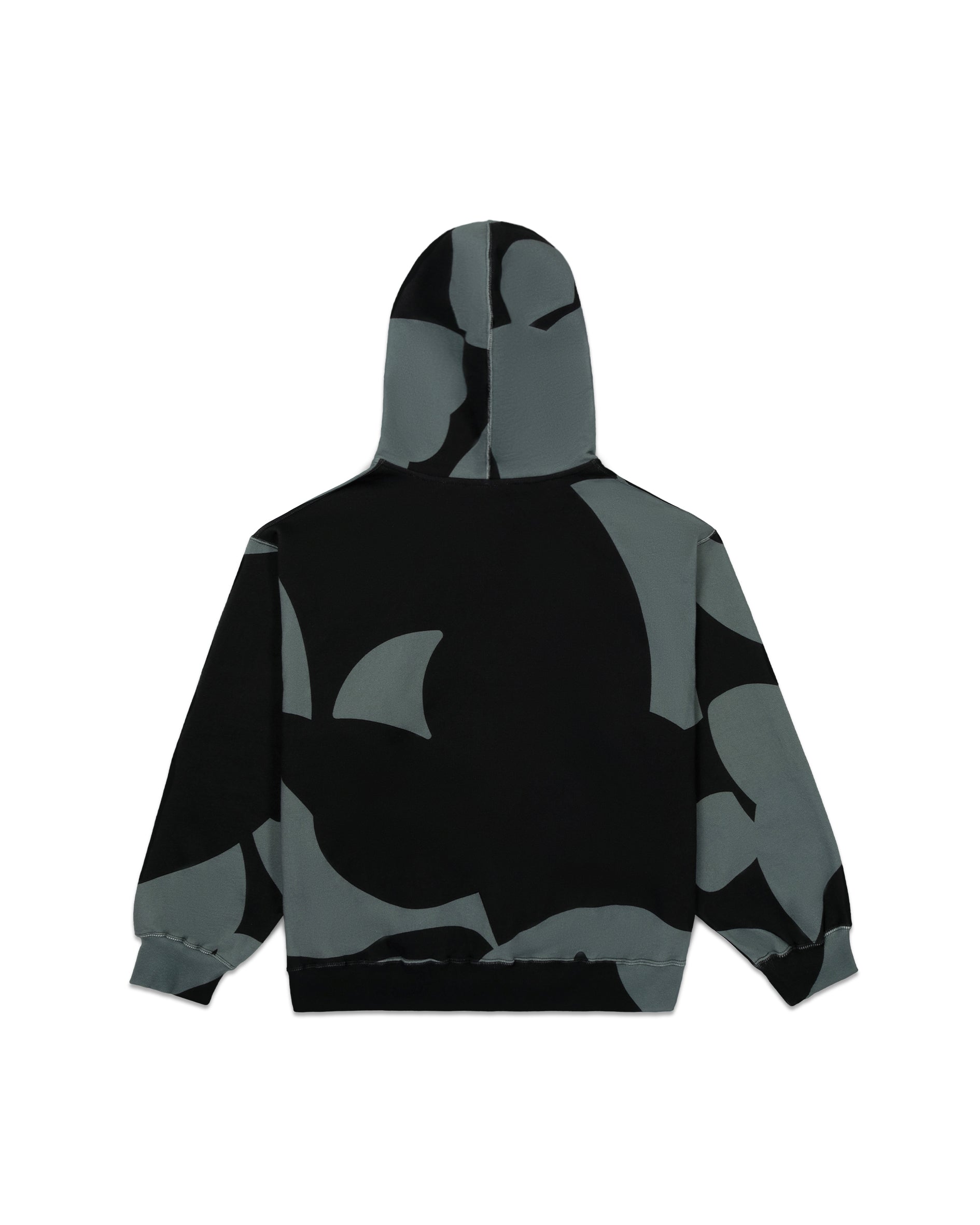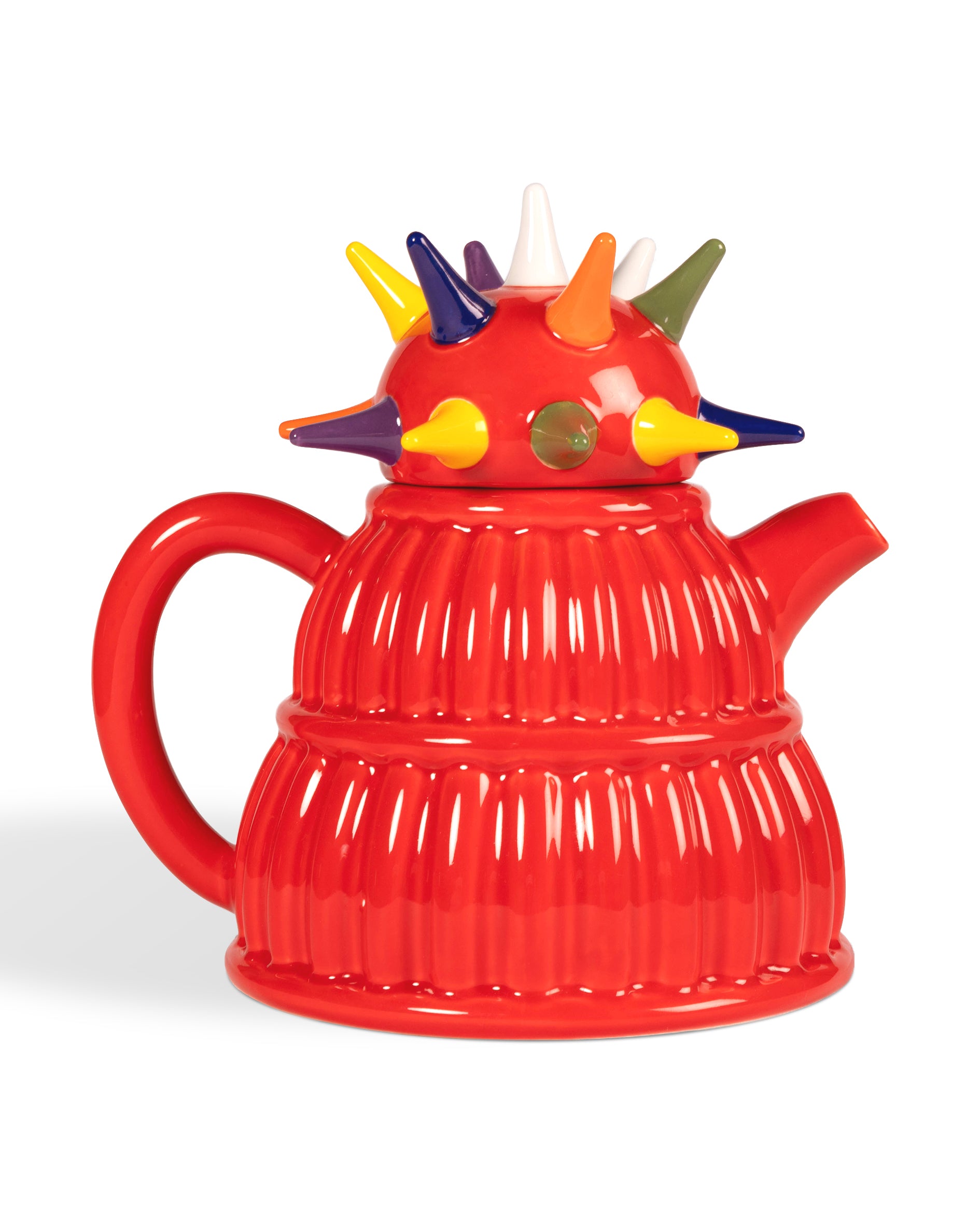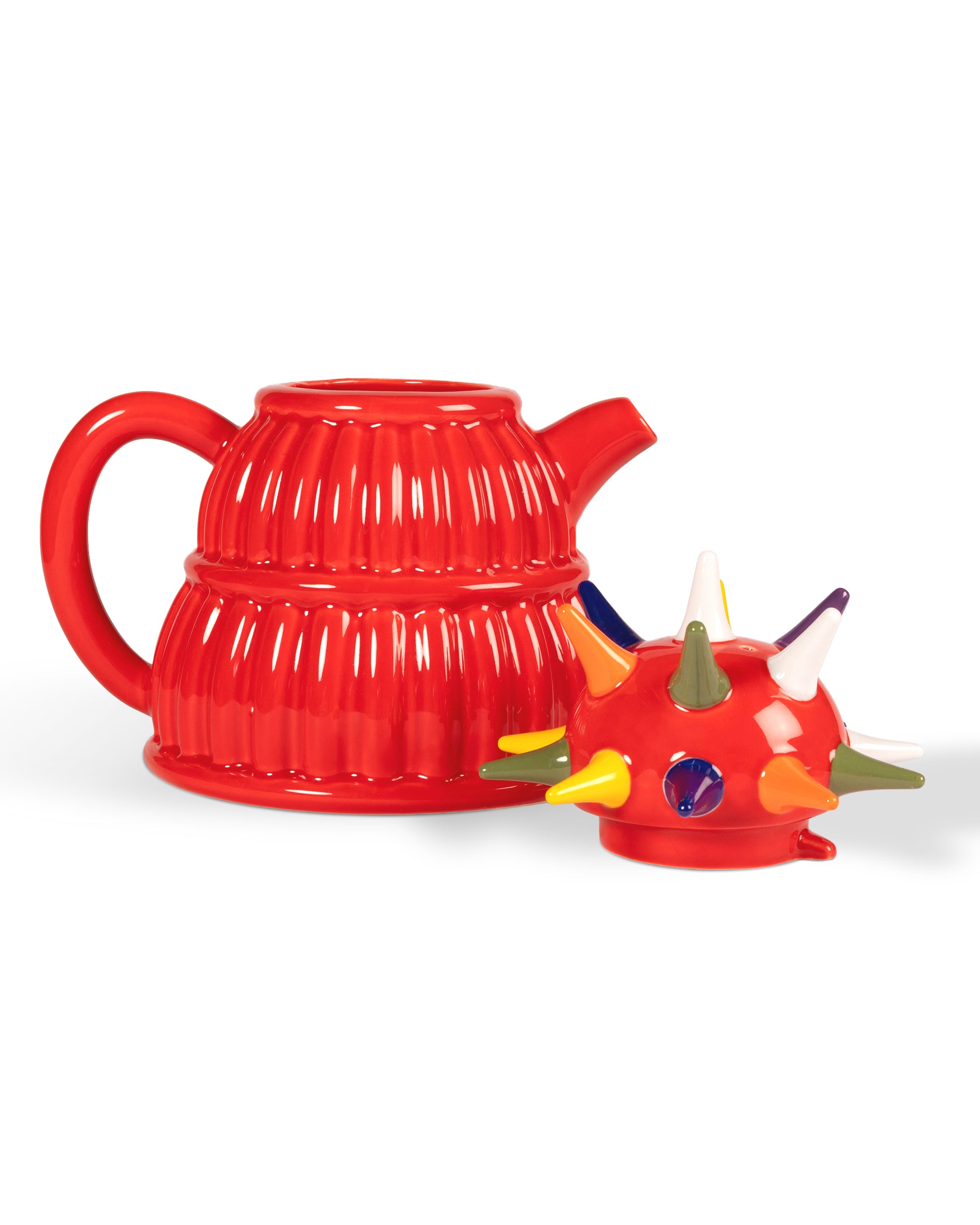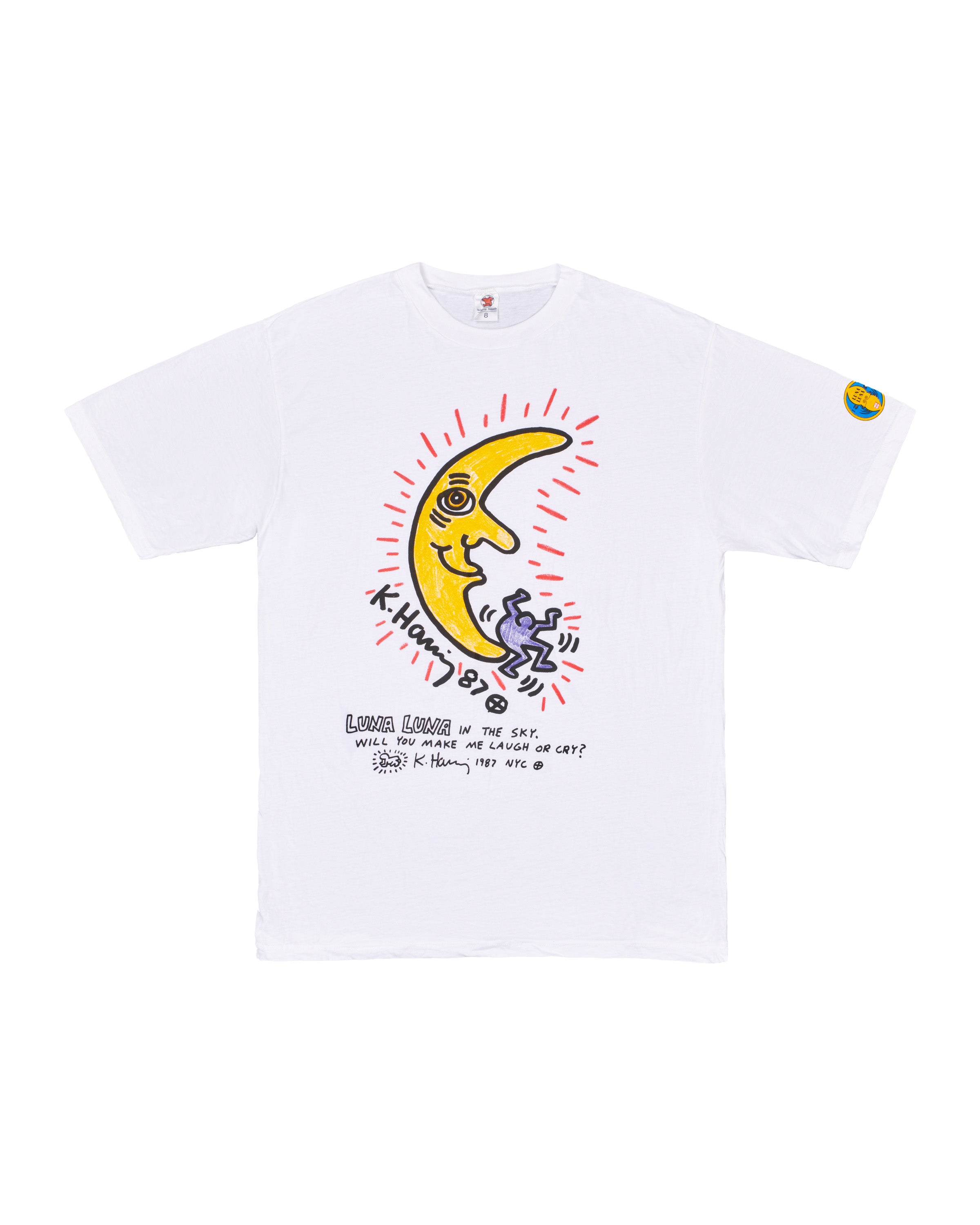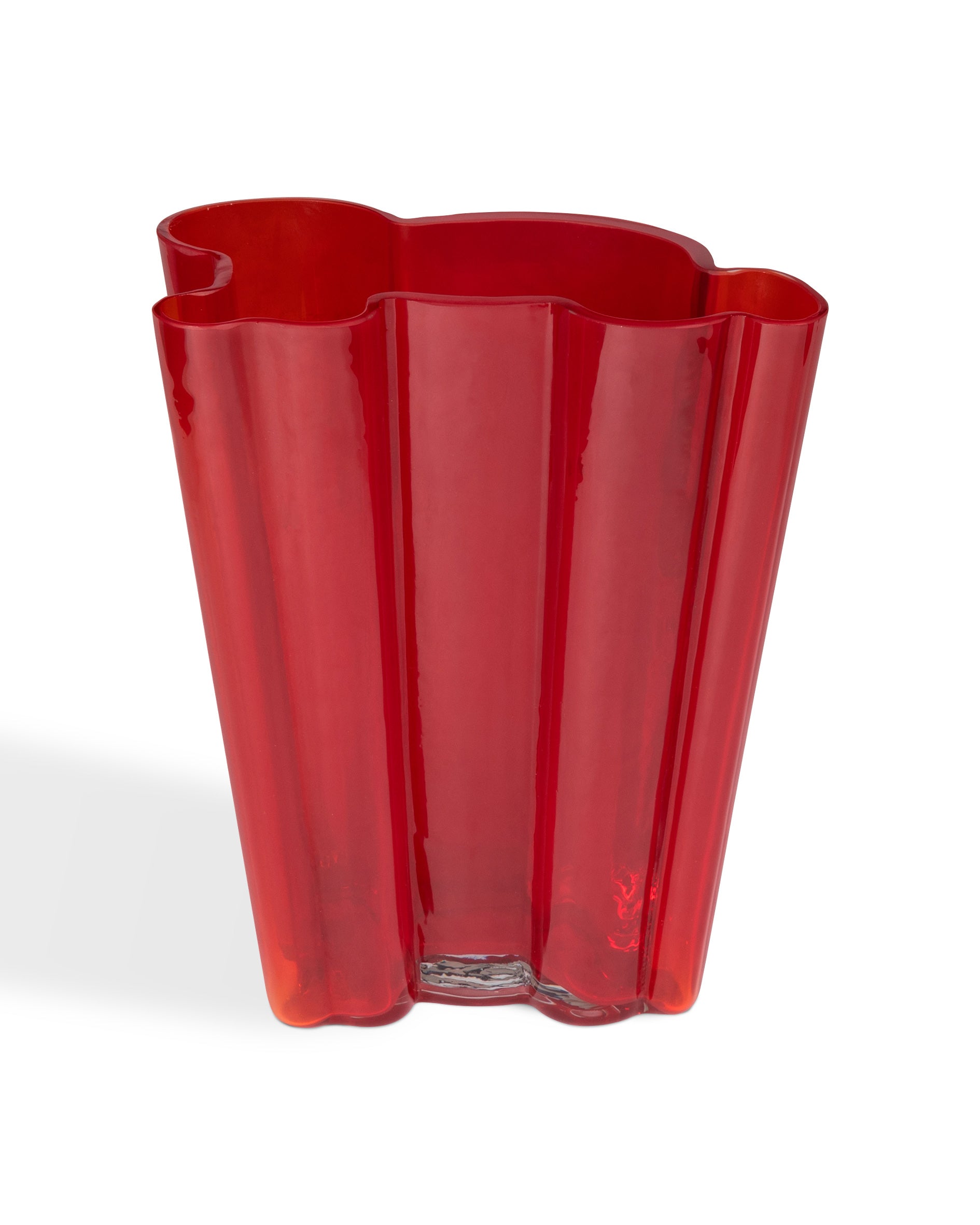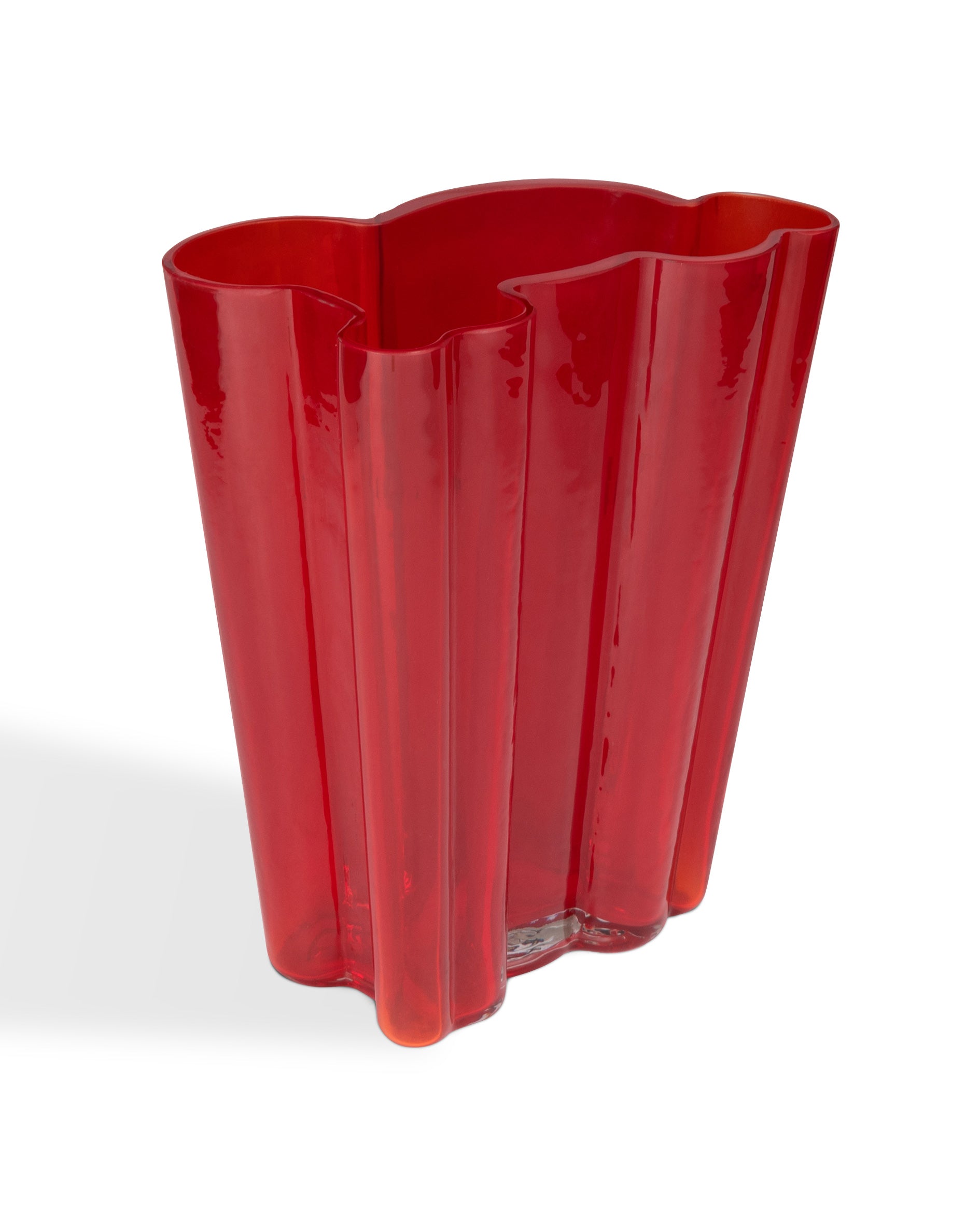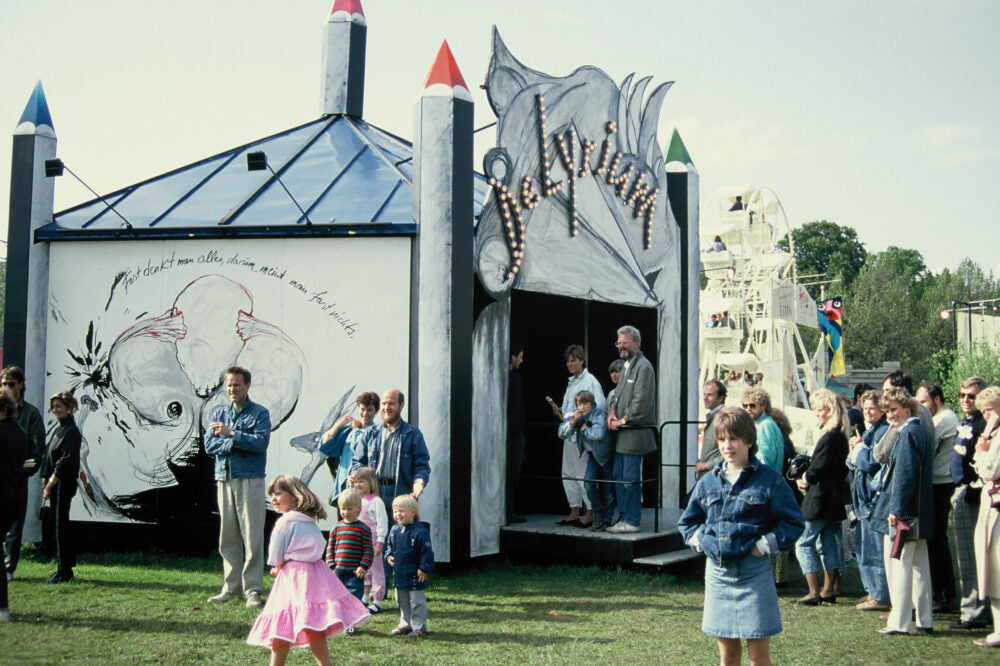
Fairground view: Günter Brus, Universe of crayons pavilion. Luna Luna, Hamburg, Germany, 1987.
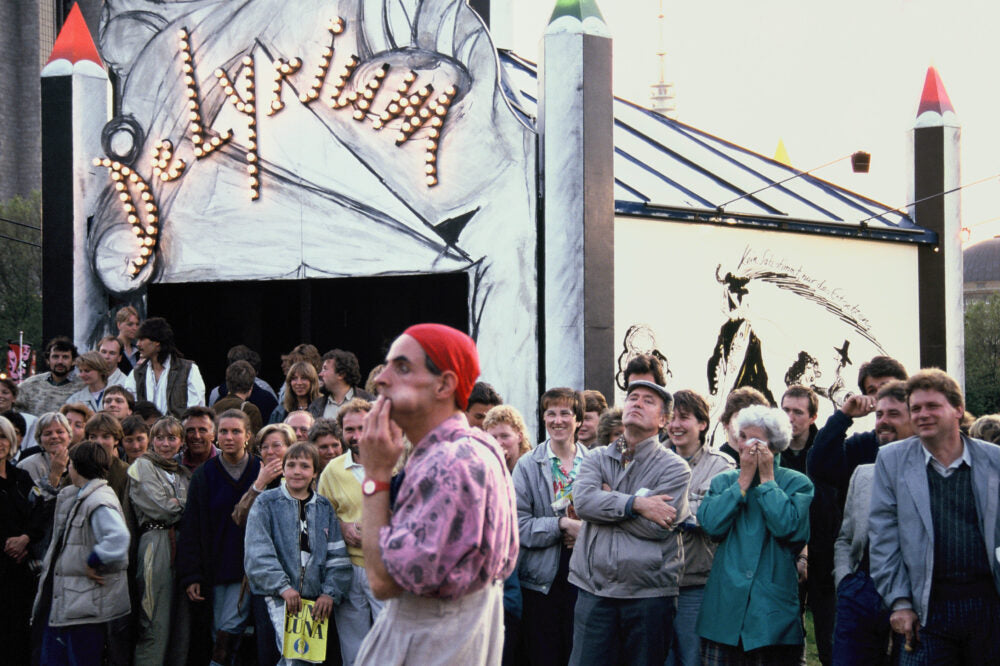
Fairground view: Günter Brus, Universe of crayons pavilion. Luna Luna, Hamburg, Germany, 1987.
Celebrated Austrian artist and notorious troublemaker Günter Brus was a pioneer of Wiener Aktionismus (“Viennese Actionism”). The group's deliberately shocking "actions" responded to the legacy of Nazi fascism in Austria and highlighted the violence of humanity. Alongside artists Hermann Nitsch, Otto Muehl, and Rudolf Schwarzkogler, Brus was known for ritualistic ceremonies in which nude protagonists performed numerous actions on their bodies.
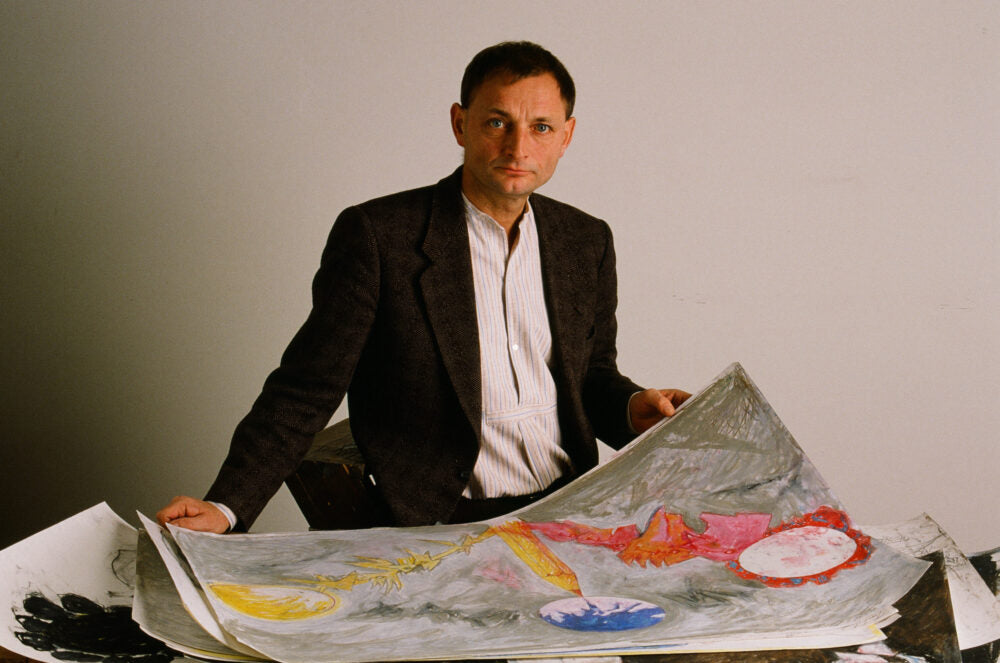
Günter Brus.
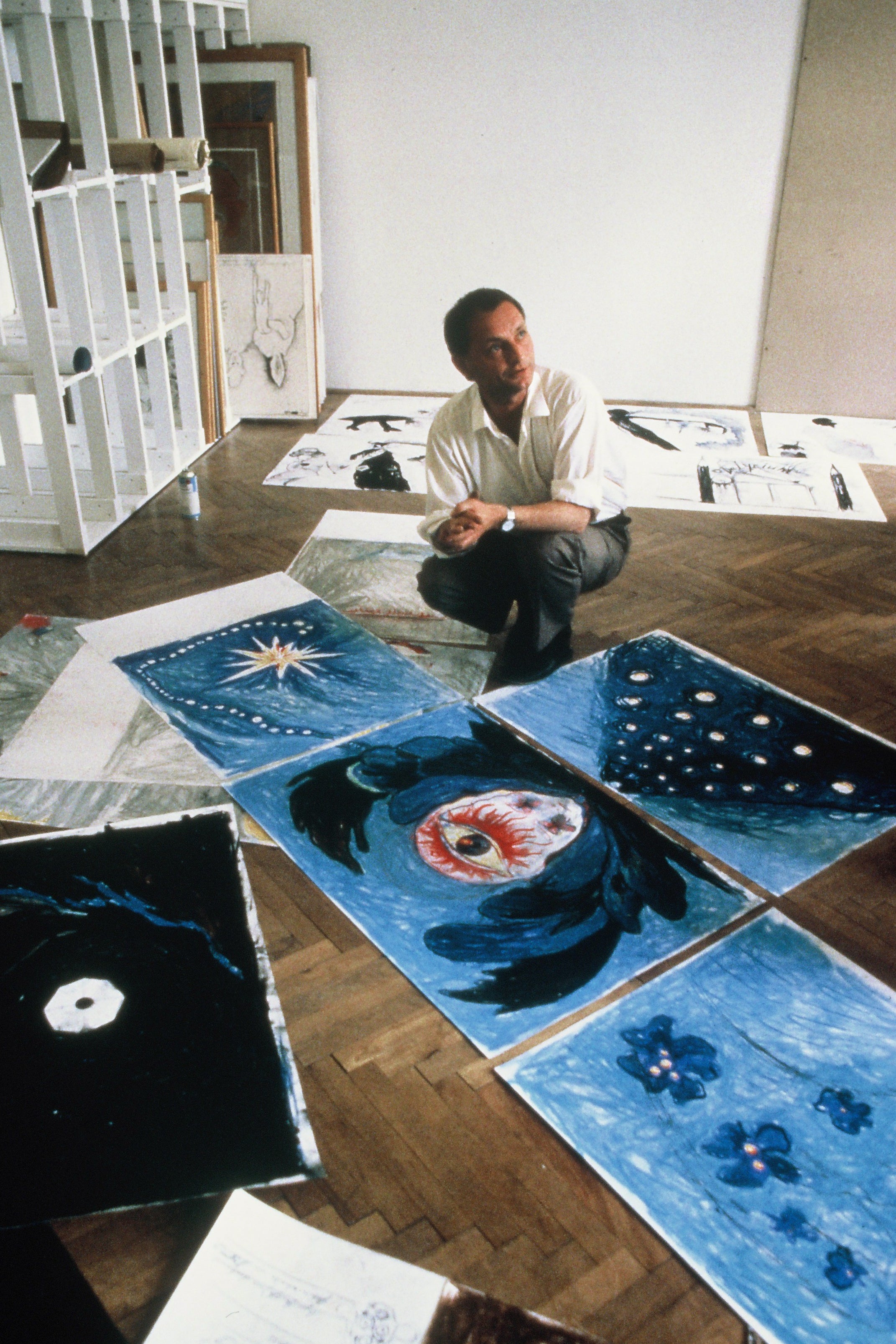
Günter Brus, Preparatory sketches for artworks exhibited in 1987.
Brus’s violent performances were considered an assault on mainstream society and frequently attracted the attention of Austrian authorities. After the 1970 performance, The Real Test, in which he performed self-harm and pushed his body to the point of exhaustion, Brus felt he had reached his body’s limits and abandoned live performance. Brus had since created paintings, drawings, experimental films, and artists’ books that continue his exploration of disgust, moral taboos, and sexuality.
Brus’s violent performances were considered an assault on mainstream society and frequently attracted the attention of Austrian authorities.
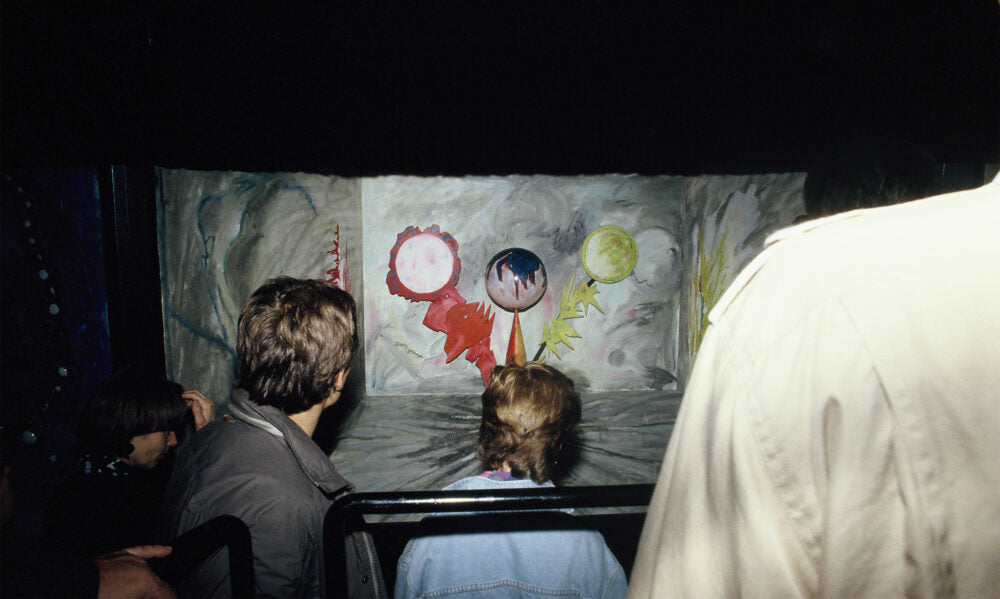
Günter Brus, Universe of crayons pavilion. Luna Luna, Hamburg, Germany, 1987.
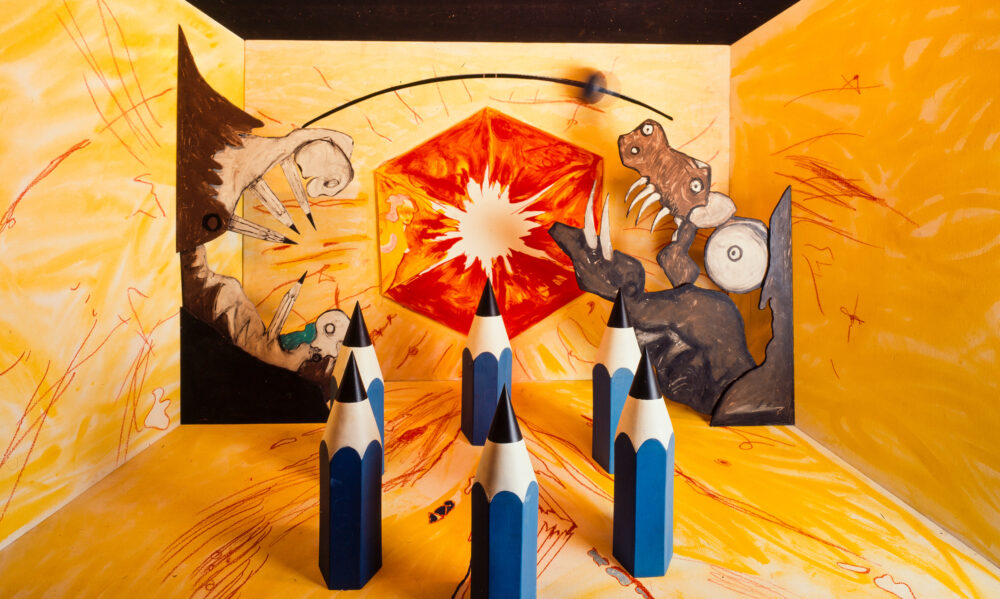
Günter Brus, Universe of crayons pavilion, exhibited 1987.
Brus’s installation for Luna Luna is a hand-painted pavilion that takes viewers into an imaginary universe of crayons. The outside of the installation resembles a fairytale castle with crayon towers, while the interior is filled with paintings depicting the birth and death of its imaginary half-human, half-crayon figures. The work featured a soundtrack of organ music composed by Brus’s friend and fellow Viennese Actionist Hermann Nitsch.

